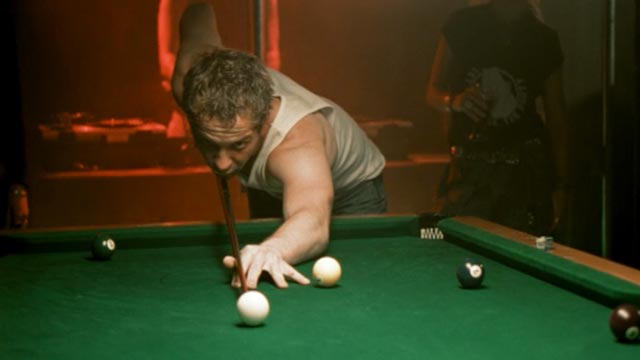Australia has a luxury car tax. Once a car (not a truck or commercial vehicle) costs over $80K (or $90K if they are fuel efficient), then a 33% tax applies. So you can’t really buy a car for $100K or $110K, there is a big gap.
People still buy those cars.
It should be consider for more items, in countries around the world. Luxury, by definition, in an unnecessary splurge. It is hard to argue that those people are being treated unfairly, as they already pay way more for the product that its functional value. They are paying for exclusivity.
So:
- handbags
- clothing + shoes
- furniture
- art
- whisky + wine
- and travel!
We have many cities now trying to reduce the number of tourists that are visiting. Tax can help that easily. We leave alone public transport and regular hotels. We tax 1st class, business class, tours costing more than $x per night, and expensive hotels. At the least, the rich keep spending and the state or local government gets income. Or better still, we get fewer travellers and a saner and greener world.

